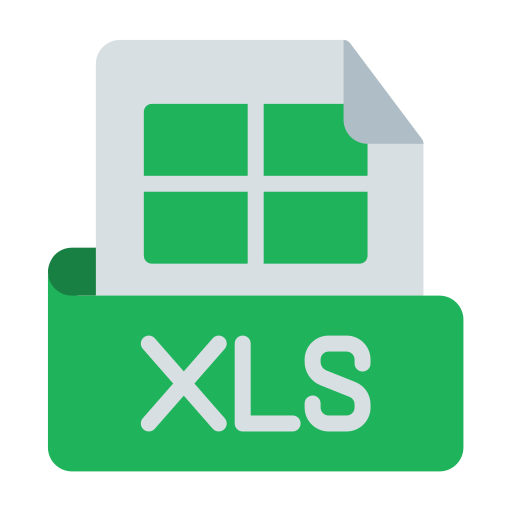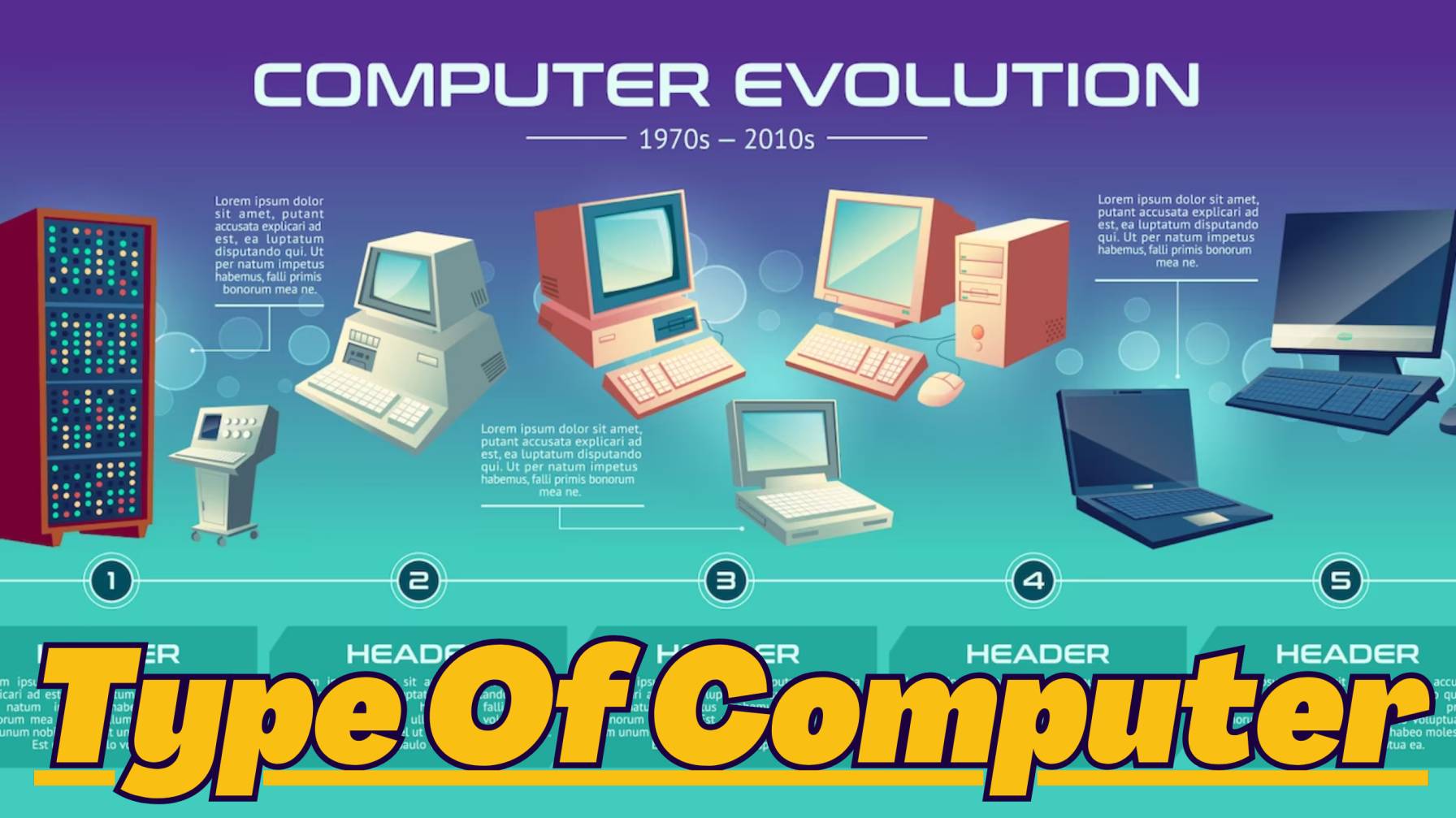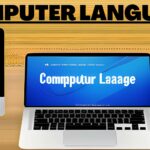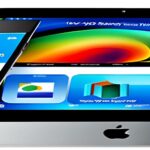Type Of Computer Details Notes Here
There are several types of computers, including:
- Personal computers (PCs) – Desktop and laptop computers for personal use.
- Workstations – High-performance computers for technical and scientific applications.
- Servers – Powerful computers designed to provide centralized services to networked computers.
- Tablets – Mobile computing devices with touch screens and limited physical keyboards.
- Smartphones – Small, handheld devices that combine computing, telephony, and multimedia capabilities.
- Mainframes – Large, powerful computers used by large organizations for critical applications.
- Supercomputers – The fastest and most powerful computers, used for complex scientific and engineering calculations.
- Gaming computers – Specialized computers designed for playing video games at high-performance levels.
- Thin clients – Low-cost devices that rely on network servers for most applications and storage.
Analog computer
Analog computers are a type of computer that use continuously changing physical quantities to represent and solve mathematical problems. Unlike digital computers, which use binary digits (bits) to represent and process information, analog computers use analog signals, such as voltages and currents, to perform mathematical operations.
Analog computers were widely used in the mid-20th century for scientific and engineering calculations and control systems. They were particularly well-suited for real-time simulation and modeling of physical systems, such as electrical and mechanical systems.
Today, analog computers have been largely replaced by digital computers, but some analog components and techniques are still used in specialized applications, such as musical synthesizers and audio processing.
digital computer
A digital computer is a type of computer that uses binary digits (bits) to represent and process information. Unlike analog computers, which use continuously changing physical quantities, digital computers use a series of two distinct values (0 and 1) to represent and manipulate data.
Digital computers use various forms of digital logic and digital circuits to perform operations such as arithmetic, logic, and data storage. They can be programmed to perform a wide range of tasks, from basic arithmetic calculations to complex data processing and decision-making tasks.
Digital computers are widely used in many areas of modern life, including personal computing, scientific research, business, education, and entertainment. They come in many different sizes and configurations, from small handheld devices to large mainframe computers used by governments and corporations.
hybrid Computer
A hybrid computer is a type of computer that combines the best features of both analog and digital computers. It is a computer system that uses both analog and digital technologies to perform calculations and solve problems.
Hybrid computers use analog components to perform real-time, continuous-valued computations and digital components to perform discrete and numerical calculations. The analog section of the computer is used to process continuous signals, such as analog voltages, while the digital section of the computer is used to process discrete information, such as binary data.
Hybrid computers are used in a variety of applications, including process control, real-time simulation, and scientific research. They are particularly well-suited for tasks that require both high-speed computation and precise control over continuous signals, such as control systems for aircraft and missiles, medical monitoring, and industrial process control.
Hybrid computers have largely been replaced by digital computers, which have become more powerful and versatile over time. However, in some specialized applications, hybrid computers may still be used for their unique capabilities and performance.



















